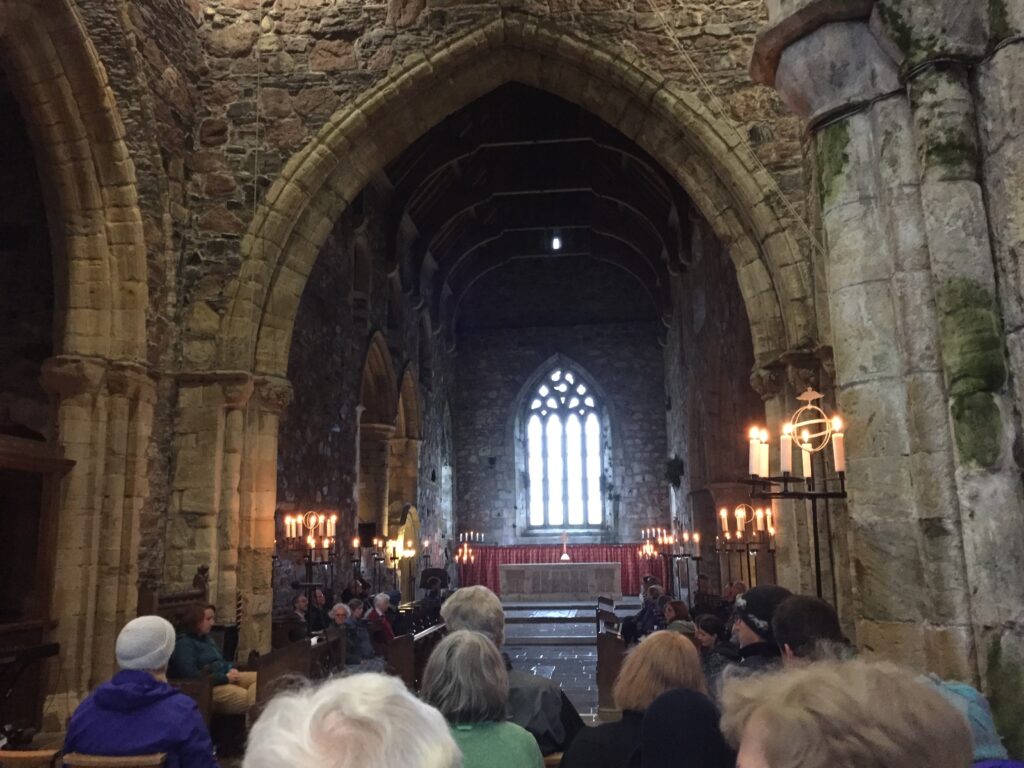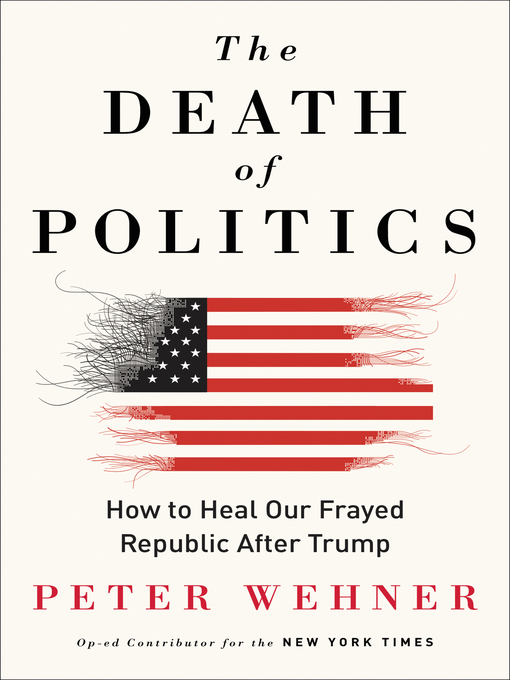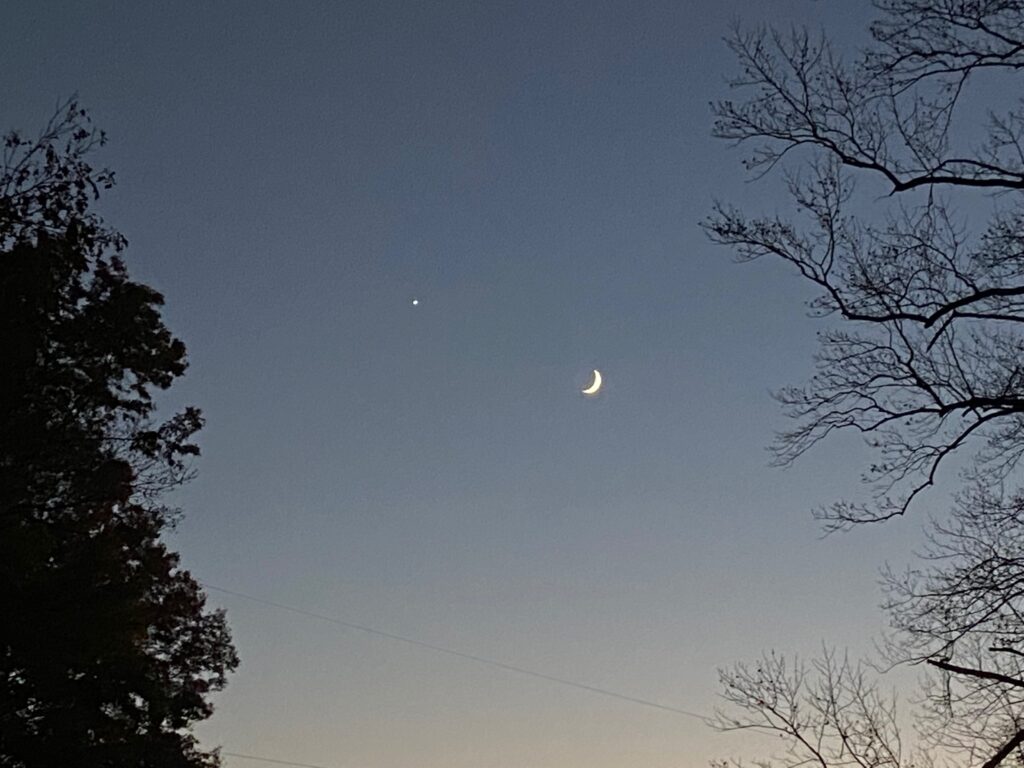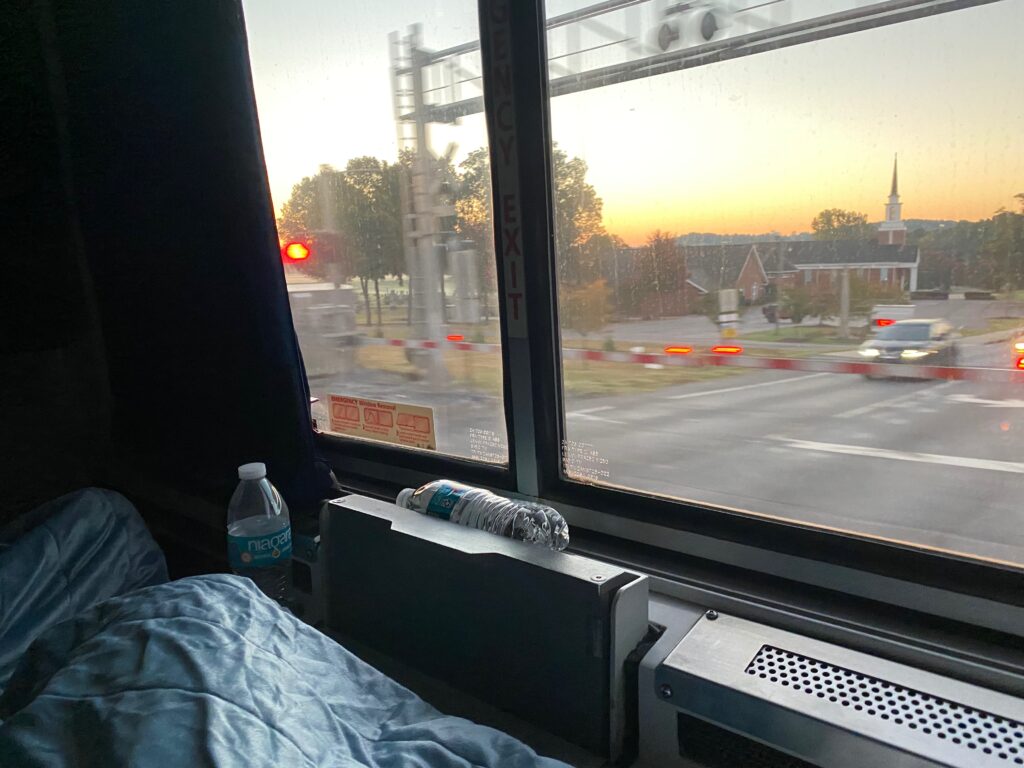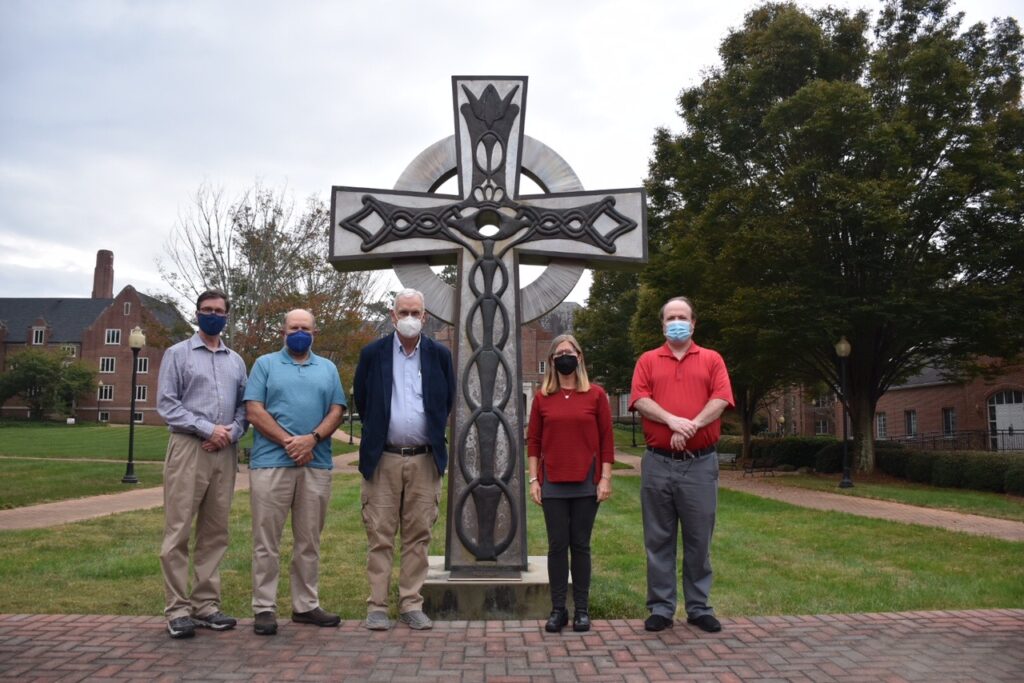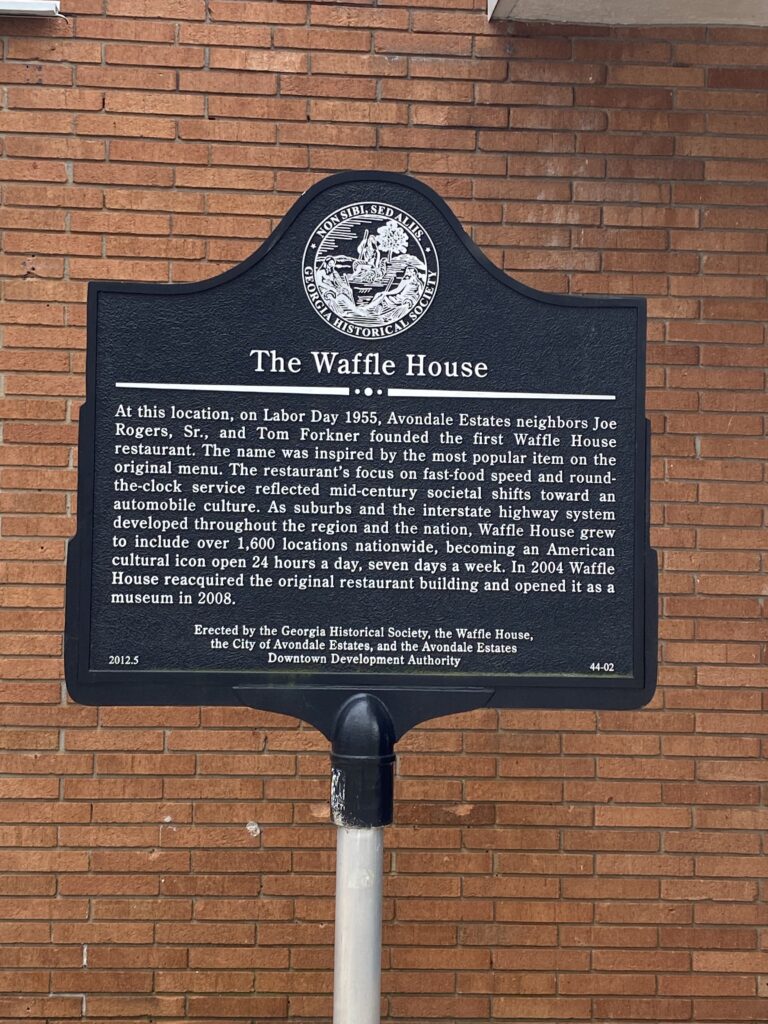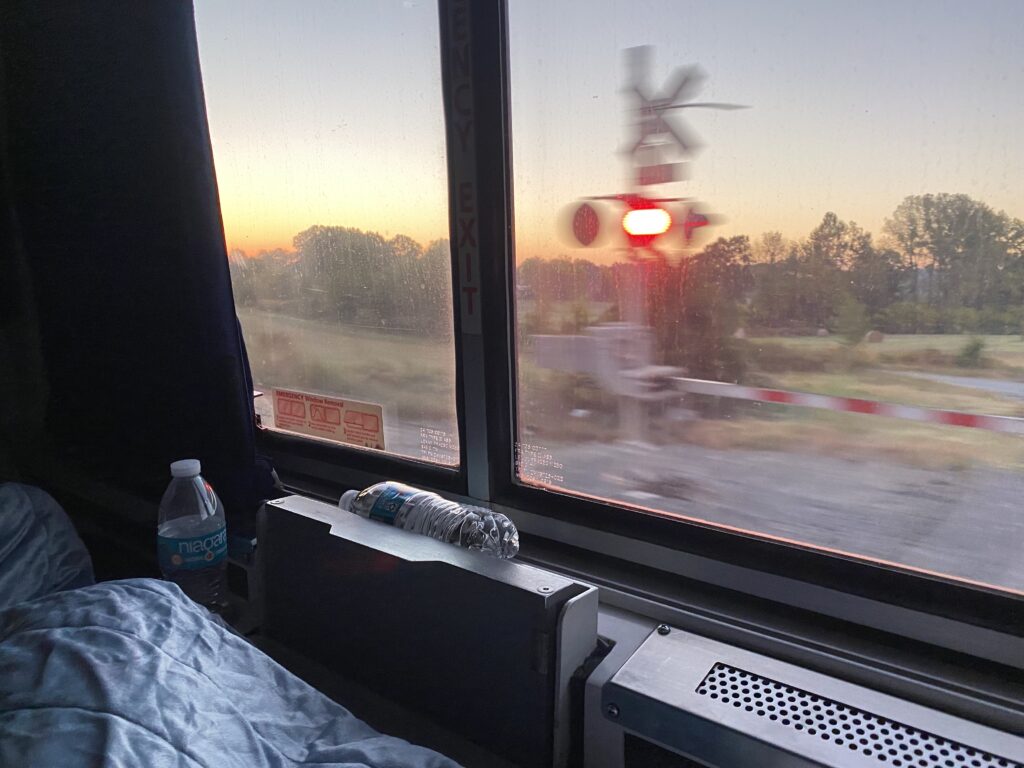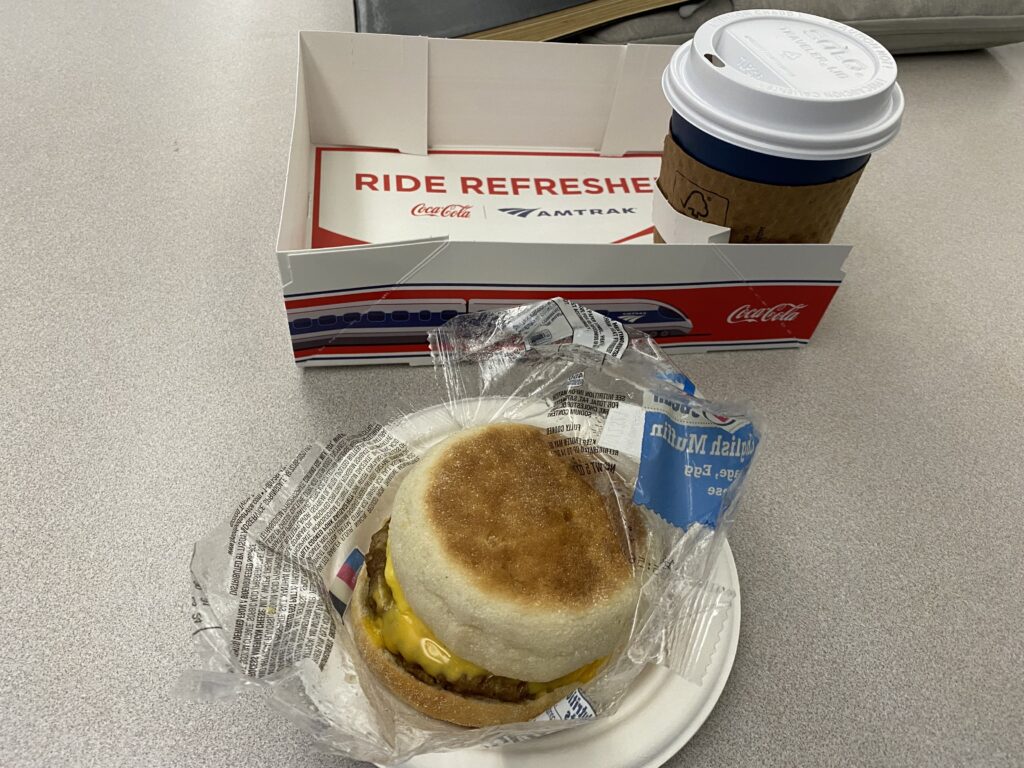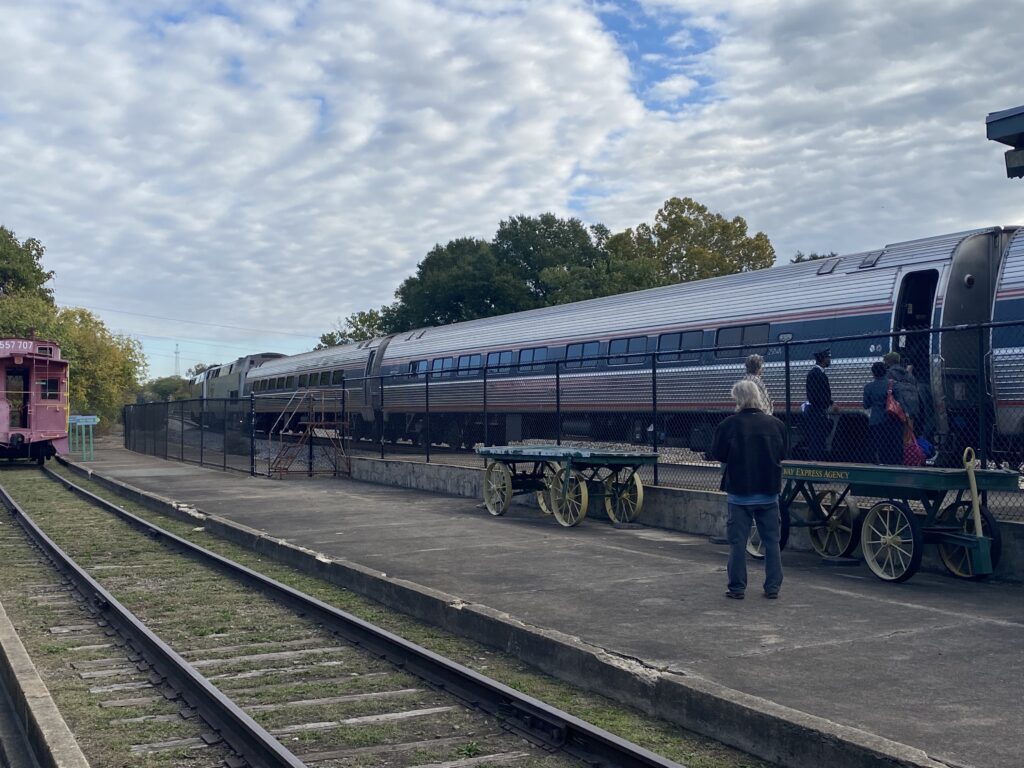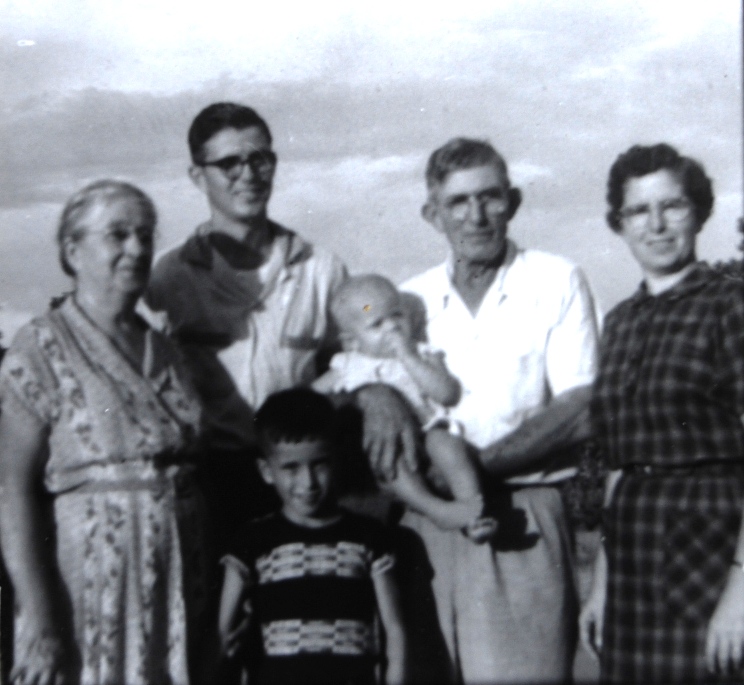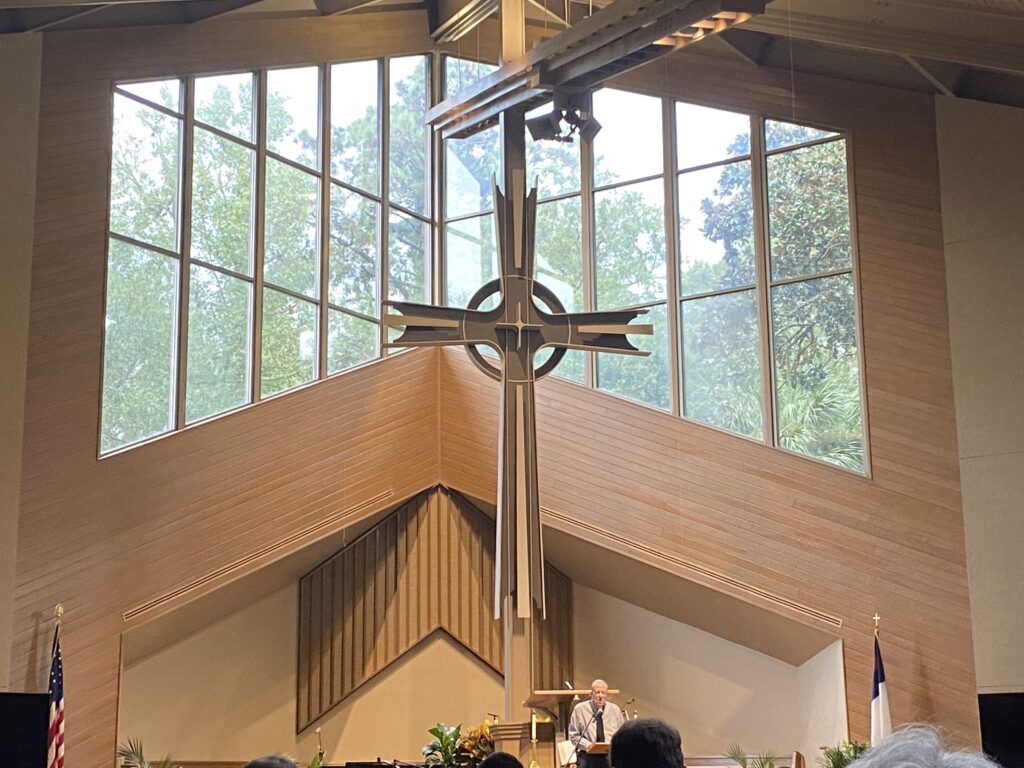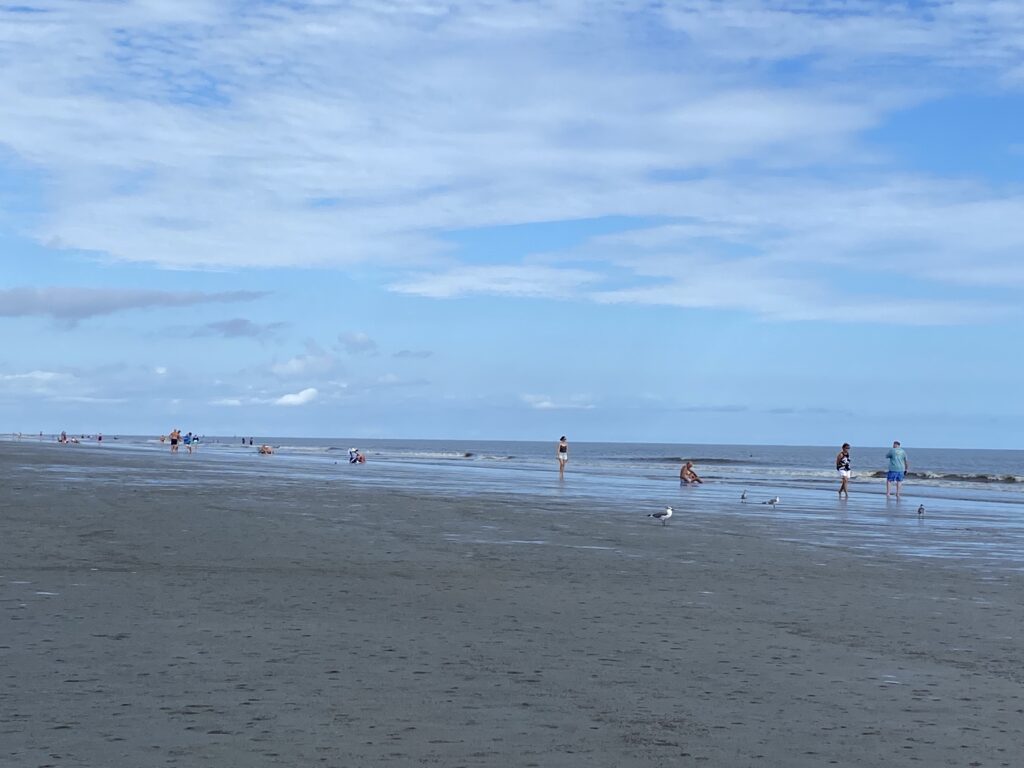Jeff Garrison
Bluemont and Mayberry Presbyterian Churches
Deuteronomy 5:1-11
November 21, 2021
At the beginning of Worship
Today, as I’ve been doing for the past three weeks, we’re exploring key beliefs of what makes us a part of the Presbyterian and Reformed family. Taking sin seriously is one of these tenets. I am sorry to disappoint you, but when it comes to sin, we’re all guilty.
Sin as Idolatry
Sin finds its root in idolatry-the substituting of something for God. Sometimes we place ourselves in the position of God, as if we know enough to disregard God’s teachings. Other times, our idols can be our spouse, our parents, our children, our jobs, our politics, our country, or even the institutional church. As good as these other things may be, and they can be very good, they are not an acceptable substitute for God.
Ulrich Zwingli
As I have done so far in this series, I am linking our topic to a theologian. Today, we’ve prayed prayers written by Ulrich Zwingli, who was the first to reform the churches in Zurich. Zwingli was probably the most radical of the major first-generation reformers.[1] He strove to remove anything that which might be construed an idol. Thisled to a purging of the churches of any artwork. In this manner, the pendulum swung too far. Thankfully, not all art has been lost.
Zwingli also had strong beliefs concerning the Lord’s Supper, which separates him from both Luther and Calvin. Yet, he was a brilliant theologian who died early. With a short life, he did not have the time to produce the massive volumes of written material as did Calvin and Luther.
Our text today will be from Deuteronomy 5:1-11
After the reading of Scripture
A salty old sailor sat through a sermon at the Seaman’s mission on the Ten Commandments. Afterwards, he was visibly shaken. “What’s the matter,” another asked. “Well,” he said pondering, “at least I ain’t made no graven images.”
Such is the attitude of many of us today. In these modern times, we often overlook the first couple commandments. The days of manufacturing idols of out metals, wood or clay are all gone, or so we suppose. We’re more sophisticated, or so we think. We don’t believe God resides within an idol and therefore think we are safe from breaking this commandment, but are we? We would do best to realize what Calvin taught. Our hearts can be a factory for idols.[2] An idol isn’t just something made to represent a make-believe deity.
Three Reasons: #1. Commandment from God
In this passage from the beginning of the Ten Commandments, we’re provided three reasons we’re to have no other gods before the One True God. First, it’s the Lord who gives this commandment. “I am the Lord,” the sixth verse begins. As Americans, we don’t tend to like titles like Lord. But understand what is being said here. In ancient times a Lord controlled his lands and those who lived on it. What’s implied here is that God, as Creator, rightful holds the title for the earth. “The world and they who dwell therein” belong to God, the Psalmist proclaims.[3]
Who is God?
Who is this God? The Confessions of the Presbyterian Church bring together many of the attributes of God found in Scripture. We speak of God as “a Spirit, infinite in being, glory, blessedness and perfection.” God is “all-sufficient, eternal, unchangeable, incomprehensible, all present, almighty, all knowing, most wise, most holy, most just, most merciful and gracious, long-suffering and abundant in goodness and truth.”[4]
When we think about God, it is easy for us to be overwhelmed. As mere creatures, God is beyond our imaginations; therefore, God had to come to us in the person of Jesus Christ. It’s easy when contemplating God to give up and resign ourselves never to be able to fully understand God and therefore drop our quest to know God.
OUR God
But God, as he lays out his commandments, encourages us. We’re reminded that not only is he Lord, he’s also our God. “I am the Lord, your God,” he says in verse seven. Not only is God the all-powerful creator, who rightfully claims ownership of Creation, he is also “our God.” God takes the initiative to come to us, to enter into a relationship with us, to be personally involved with us.
Three reasons: #2. Freedom from slavery
The second reason given to us to encourage our compliance with the first commandments is that God led our ancestors out of Egypt. Our Great God, the Creator of all, heard the cries of the Hebrew people as they labored, building pyramids and other sorts of monuments to the rulers of Egypt.
Today we marvel over their work. We shouldn’t forget that the construction of these ancient wonders was done by the backbreaking labor of an enslaved people. Sadly, the same can be said for our capitol or the White House.[5] But God heard the Hebrew prayers. Over the sound of cracking whips, God listened to their cries, just as he listens to us. Through the leadership of Moses and a host of special effects, God rescued his people. God is not a distant Creator, uninterested in what goes on in the world. Our God listens and answers prayers.
Three Reasons: #3. Out of Bondage
The third reason given for our obeying this commandment is that we were brought out of the house of slavery. The Hebrews were in the wilderness, but Moses reminds them they’re now from Egyptian Slavery. They (and their ancestors) had spent 400 years in bondage. But this isn’t just for them. God can free us all.
Let’s take a bit of liberty with its original meaning and see if we can come up with a meaning for us today. Think of the Exodus event as a model of how God rescues his people. It’s an archetype. With this understanding, we can make this third reason to obey the commandment apply to us personally. We obey because we’ve experienced release from bondage, whatever the form of slavery it might have been.
Has God helped you kick the smoking habit, beat drugs, get control over alcohol abuse, recover from an accident, a job loss, or a divorce, or regain self-esteem? Regardless of what the issue, if God helps us regain control, we owe him enough not to break this commandment.
Let God be God and accept the life he offers
Having no other gods mean we let God be God and we trust and depend upon him. God is the giver of life. We need to remember this for whenever we put something between God, and us, we find our lifeline compromised. If you have difficulty breathing and are on oxygen, you want to be careful not to stand on the tubing between you and the oxygen tank. Otherwise, you won’t get the air you need. You might pass out or even die. It’s the same way when we block our access to God through idols.
You may remember the scene in the old comedy, “Airplane,” where a nun on the plane offers to cheer up a girl who is being transported for a life-giving surgery. The nun has a guitar and begins to sing. She really gets into the groove, singing away with the rest of the plane, while she stands on the girl’s oxygen cord. Everyone is having a great time, but the girl struggles to breathe.[6] We’re like that. Sometimes even when trying to do good, we create idols that block us from God.
God’s will for us is that we draw our life from him and to live abundantly. We don’t want to cut off our supply of his life-giving breath, but we do this anytime we place something between God and us.
The Second Commandment
The first commandment excludes all other gods. The second commandment forbids any physical representation of either another god or the one true God. At the time the commandments were given, this was a radical departure from the norm. In the Near East, the use of art to depict deities was ubiquitous. Everyone did it. Everyone was into idols. Israel stood alone and offered a new way of looking at God. God is holy and therefore not to be depicted in artwork.
This doesn’t mean that art is bad. Instead of knowing God through art, God is to be known through our experiences with him. Therefore, the Exodus event becomes so important for the Hebrew people. Through this deliverance, they encountered the living God, whose reality can be described, and then only partially, with language.[7]
God, in the Second Commandment, goes to great lengths to stress the importance of not having idols: God insists that idols cannot be in any form, whether it comes from the heavens, the earth or the waters. Birds, animals, and fish are all off limits. God is the creator, not the creature. God is the artist, not the subject of art. God doesn’t want to be objectified, for if we can objectify God, we will think we can handle him. Ours is a God that’s too hot to handle.
God and Idols
Why does God get so upset over idols? I certainly don’t think God is threatened by our misguided actions. God has power over all other make-believe gods, as shown by Elijah with the priests of Baal.[8]There is no danger of God losing his position to one of our idols. Instead of God taking this personally and being upset, God is concerned for our well-being. As a component of our created being, there is a restlessness, a longing, an emptiness within us which we try to fill. God created us this way so that we might see the need to have him fill our restless desire to worship something beyond ourselves. But God wants us to come freely, which means that we will also be tempted to create our own substitute for God. All of us have this desire for fulfillment; idolatry is when we try to satisfy it with something that is less than God.[9]
Idols are impotent; they are without power, and they provide us nothing except empty promises. Idols rob us of the power we have within ourselves and from God through the Holy Spirit.[10] Our idolatry has gotten more sophisticated; we’ve long given up on the golden calf and little miniature statues of Artemis so dear to the Ephesians.[11] But are we putting our trust in God, or in something else?
The Incarnation
Surely this commandment means that we are not to depict God in any creaturely way. But as Christians, we acknowledge that 1400 years after the commandments were given, God came to us as a man. We need to understand these commandments in the light of the incarnation. In other words, God himself chose to relate to us in a way we can understand.
Yet, it’s interesting that we’re not given a physical description of Jesus in the New Testament. The mystery of what God looks like continues! Instead, we’re told that we will meet him when we reach out to someone in need and that we’ll feel his presence when two or more are gathered in his name.[12] God’s incarnation in Jesus Christ means we should not worship a picture, even if we had one of Jesus.
However, the incarnation gives us a better understanding of the nature of the God we worship and adore. Through Christ, we can have a more personal relationship with God, which is what God wants and we need. Think of it this way, you can’t have a relationship with a piece of art; you can only have such a relationship with the living God. Worship the Lord with all your heart and mind, body and soul. Keep God in the forefront of your lives. And honor God by not using his name in vain. Amen.
[1] Certainly, Zwingli was more radical than Luther and others within the Reformed Tradition. But other minor reformers, such as Thomas Muntzer, a leading figure in the Peasant Revolt and a major figure within the early Anabaptist movement, would have been even more radical.
[2] John Calvin, Institutes of the Christian Faith
[3] Psalm 98:7, KJV.
[4] Westminster Larger Catechism, Question 7.
[5] In the case of these, the government didn’t own slaves, but the contractors who built the buildings did. See https://www.whitehousehistory.org/did-slaves-build-the-white-house
[6] Airplane,
produced by Paramount Pictures and released in 1980.
[7] Duane L. Christensen, Deuteronomy 1:1-21:9, Word Biblical Commentary (Nashville: Thomas Nelson, 2001), 114.
[8] 1 Kings 18:20-40
[9] cf, Ronald Rolheiser, The Holy Longing: The Search for A Christian Spirituality (NY: Doubleday, 1999), 3-5.
[10] Joy Davidman, Smoke on the Mountain: An Interpretation of the Ten Commandments in terms of today (London: Hodder and Stoughton, 1963), 38-39.
[11] Acts 19:23ff.
[12] See Matthew 18:20, 25:40.
